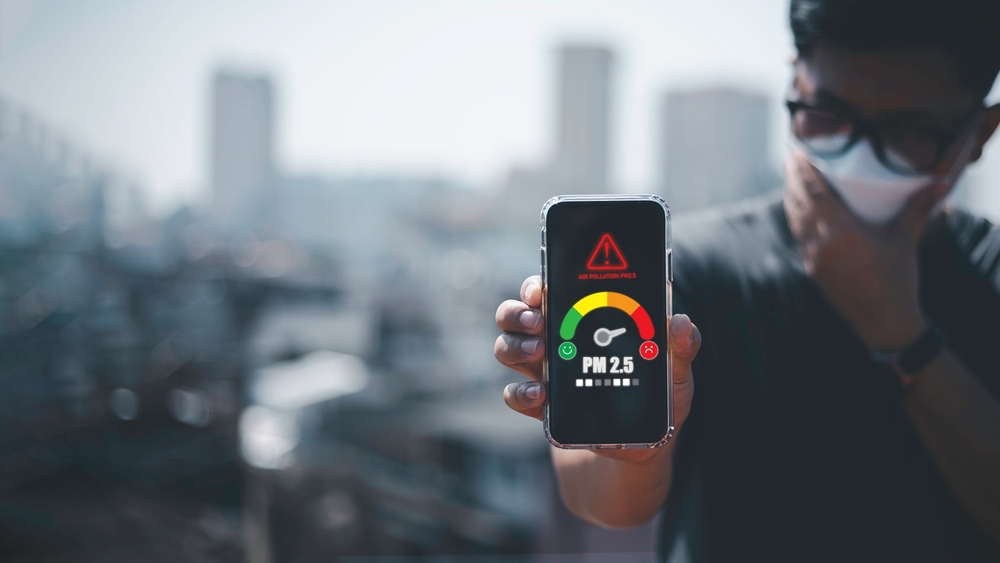As per Euronews.green, the World Air Quality Report is based on data collected from over 30,000 monitoring stations in 134 countries and regions. Experts at 124 of these stations discovered unsafe levels in PM2.5 (fine particulate matter), breaching recommended levels from the World Health Organization (WHO).
PM2.5 are dangerous and polluting particles that can be inhaled by humans and due to their small size, can even reach our bloodstream, causing severe damage over time, meaning they are linked to heart and lung diseases.
Some of the seven countries that met safe levels are Australia, Estonia and Finland and in Europe, the cleanest air was detected in Iceland.
Many European countries fall into the "green category", indicating levels that are double of those recommended by the WHO, such as Sweden, Norway and Germany. Some European cities also improved their air quality since the 2022 report, 54% of them being classified in the green zone, as opposed to 39% in the prior year.
Romania is among the countries in the orange area, which indicates up to five times higher PM2.5 concentration than recommended levels, a position shared with Greece and Albania. Countries in South and Central Asia were the most polluted in the world, which is also why the world's ten most polluted cities are also located there.
Bangladesh took the number one spot as having the heaviest air, at 15 times higher PM2.5 compared to what health experts recommend, followed by Pakistan, with 14 times higher concentration. India, Tajikistan and Burkina Faso took the next positions as the most polluted countries in the world.
Frank Hammes, Global CEO, IQAir, said that "a clean, healthy and sustainable environment is a universal human right. In many parts of the world the lack of air quality data delays decisive action and perpetuates unnecessary human suffering."
"Air quality data saves lives. Where air quality is reported, action is taken, and air quality improves."
 Mihai - Cristian Ioniță
Mihai - Cristian Ioniță












Any thoughts?